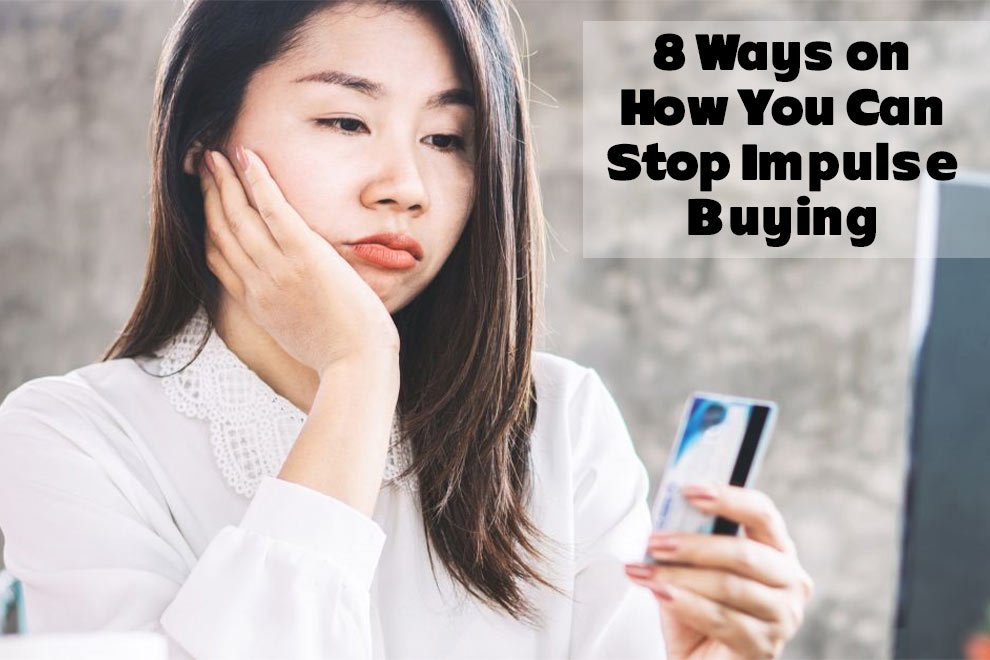Buying things on the spot, without planning, can mess up our money plans and goals. This usually happens because we feel a certain way or see ads that make us want to buy immediately. When we do this a lot, we end up with things we don’t need and might wish we hadn’t bought. This can make it hard to save money for important things or for when we really need it. It’s important to know why we sometimes buy things without thinking and how we can stop.
This article will help you learn ways to think more about what you buy, so you can save money and avoid buying things you don’t need.
Strategies to Curb Impulse Buying
1. Setting Financial Goals
Setting financial goals is like making a plan for your money so you can handle it better. Think about what you want to save up for, like paying off money you owe faster like lines of credit, alternatives to loans for bad credit, credit card bills, payday loans, etc., or saving for a big buy. When you have clear goals, it’s easier to stop spending money without thinking. This is helpful, especially if you’re looking at loans for bad credit, because it helps you get back on track faster.
Start by writing down your money goals, big and small, and then plan to reach them step by step. This way, you can keep your spending in check and work towards things that really matter to you.
2. Making a Shopping List
Making a shopping list is a smart way to keep your spending under control. Before you go shopping, write down exactly what you need. This simple step stops you from buying things just because you see them and feel like it. It’s a great strategy for saving money and sticking to your budget. When you only buy what’s on your list, you’re less likely to make impulse buys – those spur-of-the-moment purchases that add up over time.
Plus, a shopping list can help you shop faster and more efficiently, leaving you more time for things you enjoy. Remember, a good list is your best friend for smart shopping!
3. Waiting Before You Buy
Waiting before you buy something is a good trick to stop impulse buying. When you see something, you want, don’t buy it straight away. Give yourself a day or even a month to think about it. This waiting time helps you figure out if you really need it or just want it because it caught your eye. Doing this can save you a lot of money.
For cheaper things, wait at least 24 hours. For more expensive items, try waiting a whole month. If you still think it’s worth it after waiting, then consider buying it. This way, you make sure your purchases are things you need or truly want.
4. Unsubscribing from Marketing Emails
Unsubscribing from marketing emails is a great way to help yourself spend less. These emails are full of ads that try to make you buy things you don’t really need. When you stop getting these emails, you’ll see fewer temptations to make impulse buys, which means you can save money and stick to your budget better. Just go through your inbox and click ‘unsubscribe’ on any emails that are always trying to sell you something.
This simple action can make a big difference in controlling your spending habits and keeping your finances in check. It’s a step towards being more mindful about what you buy.
5. Avoiding Retail Therapy
Avoiding retail therapy means not shopping to make yourself feel better. When we’re sad, stressed, or bored, it’s tempting to buy things to lift our mood. However, this can lead to spending money we don’t need to, on things we don’t really want. Instead, find other ways to cheer yourself up or relax, like going for a walk, chatting with a friend, or reading a book.
This can help you save money and make sure you’re only buying things because you truly need them, not just to feel good. Learning to manage your emotions without shopping can make a big difference in controlling your spending.
6. Using Cash Instead of Cards
Using cash instead of cards can really help control how much you spend. When you use cash, you can see and feel the money leaving your hand, which makes you think more about what you’re buying. With cards, it’s easy to spend without realising how much you’re using. So, try taking out a set amount of cash for your shopping trips.
This way, you can only spend what you have with you. It’s a simple trick that can stop you from making those quick buys that add up. Plus, it helps you stick to your budget and save money for things that really matter.
7. Limiting Exposure to Temptation
Limiting exposure to temptation means staying away from places or situations where you might be tempted to buy things you don’t need. For example, if you know you tend to buy too much when you browse online shops, try to avoid doing that. Or, if walking past your favourite shop makes it hard not to go in and buy something, try taking a different route. It’s all about knowing what makes you want to spend and then keeping a bit of distance from those triggers.
This can really help you save money by making sure you’re only buying things that are truly necessary. It’s a smart way to keep your spending in check and focus on what’s really important to you.
8. Seeking Support
Seeking support means getting help from friends, family, or groups when you’re trying to stop buying things on impulse. Talking about your goals with people who care can make a big difference. They can encourage you, give you advice, and help you stay on track. Sometimes, just knowing someone is cheering for you can make it easier to say no to unnecessary purchases.
You can also look for online groups or forums where people share tips and support each other in spending wisely. Getting support makes you feel less alone in your efforts and can boost your confidence in making better spending decisions.
Conclusion.
In conclusion, stopping impulse buying isn’t just about saving money; it’s about taking control of your spending and making smarter choices. By setting clear goals, planning your shopping, waiting before you buy, and seeking support, you can resist the urge to spend on a whim. These steps can lead to better financial health and more room for the things that truly matter. Remember, every small change adds up to big savings over time.










